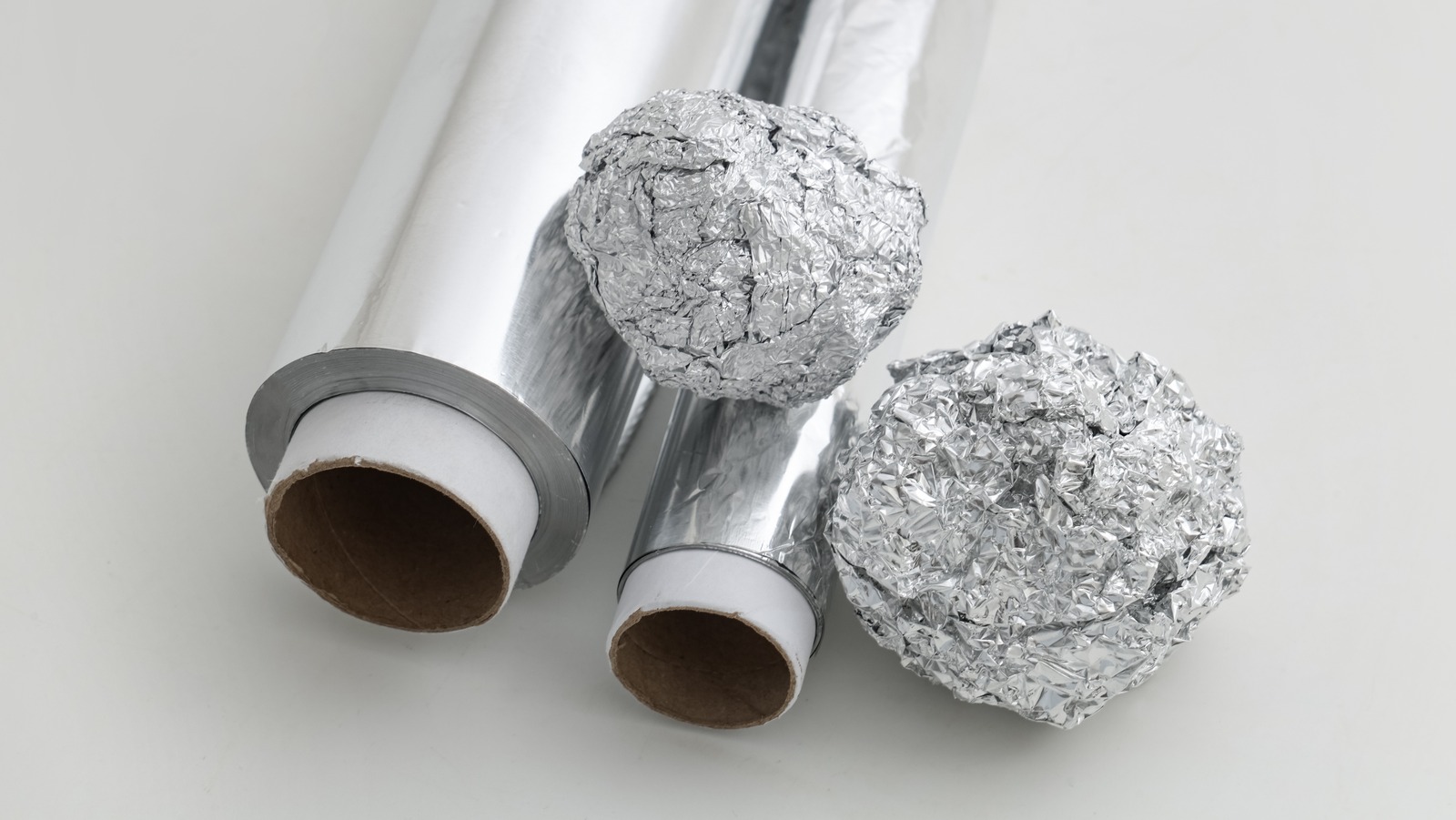Science
Can Aluminum Foil Block RFID Signals? The Science Explained

The idea that aluminum foil can block RFID (Radio Frequency Identification) signals continues to capture public interest, prompting many to wrap their car keys in foil as a precaution against key fob theft. This practice stems from a mix of science fiction and real-world concerns about electronic security. While aluminum foil can serve as a barrier under certain conditions, the science surrounding its effectiveness is more nuanced than commonly believed.
Historical Context and Cultural Myths
The concept of using aluminum foil to block invisible forces dates back to Julian Huxley’s 1927 short story, “The Tissue-Culture King.” In the tale, a scientist dons a “cap of metal foil” to shield himself from a tribal leader’s telepathic control. This fictional narrative has woven itself into modern culture, leading to widespread assumptions about the protective qualities of aluminum foil against technology like RFID.
Despite the intrigue surrounding this idea, scientific research on aluminum foil’s effectiveness in blocking RFID signals is limited. The fundamental principle at play is that metals can act as electromagnetic shields, which is where the concept of a Faraday cage becomes relevant.
The Science Behind RFID Shielding
The Department of Homeland Security defines a Faraday cage as “a metal mesh or foil container that is impenetrable by radio signals of certain frequencies.” This principle suggests that, under the right conditions, aluminum foil can reflect or absorb RFID waves, potentially preventing unauthorized access to RFID-enabled devices.
However, a study conducted by the University of Arkansas’ RFID Research Center revealed limitations to this method. The research indicated that even when items were stored in aluminum-lined bags, the detection systems could still identify approximately 77% of the RFID tags. This finding underscores the challenges associated with using aluminum foil as a reliable means of blocking RFID signals.
Moreover, factors such as environmental conditions, the thickness of the foil, and the method of wrapping significantly influence its efficacy. According to RFID Card, a provider of RFID and NFC solutions, these variables can impact how effectively aluminum foil can shield against RFID signals.
While aluminum foil may provide some level of protection, the consensus points towards more effective solutions for those concerned about RFID skimming. Investing in an RFID-blocking wallet or pouch is a more reliable way to safeguard sensitive information, as these products are specifically designed to prevent unauthorized scanning of RFID-enabled cards.
In summary, while the notion of using aluminum foil to protect against RFID signals is rooted in cultural mythology, scientific evidence suggests that it may not be the most effective method. Instead, consumers looking to enhance their electronic security should consider purpose-built solutions to ensure their privacy and safety in an increasingly digital world.
-

 Entertainment1 month ago
Entertainment1 month agoAnn Ming Reflects on ITV’s ‘I Fought the Law’ Drama
-

 Entertainment2 months ago
Entertainment2 months agoKate Garraway Sells £2 Million Home Amid Financial Struggles
-

 Health1 month ago
Health1 month agoKatie Price Faces New Health Concerns After Cancer Symptoms Resurface
-

 Entertainment1 month ago
Entertainment1 month agoWhere is Tinder Swindler Simon Leviev? Latest Updates Revealed
-

 Entertainment2 months ago
Entertainment2 months agoKim Cattrall Posts Cryptic Message After HBO’s Sequel Cancellation
-

 Entertainment1 month ago
Entertainment1 month agoCoronation Street’s Carl Webster Faces Trouble with New Affairs
-

 Entertainment2 months ago
Entertainment2 months agoMasterChef Faces Turmoil as Tom Kerridge Withdraws from Hosting Role
-

 Entertainment3 months ago
Entertainment3 months agoSpeculation Surrounds Home and Away as Cast Departures Mount
-

 World1 month ago
World1 month agoCole Palmer’s Mysterious Message to Kobbie Mainoo Sparks Speculation
-

 Entertainment1 month ago
Entertainment1 month agoITV’s I Fought the Law: Unraveling the True Story Behind the Drama
-

 Entertainment4 weeks ago
Entertainment4 weeks agoCaz Crowned Winner of The Great British Sewing Bee, Overjoyed by Triumph
-

 Entertainment2 months ago
Entertainment2 months agoAldi Launches Cozy Autumn Fragrance Range Ahead of Halloween











